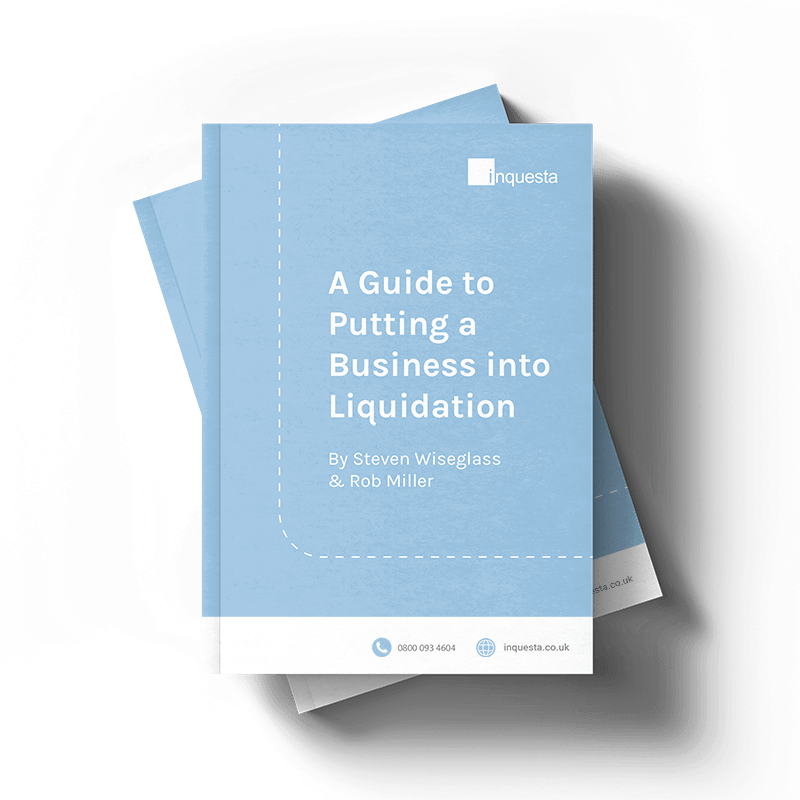What is a Bounce Back Loan?
A bounce back loan (BBL) is a type of loan that was introduced by the government as a result of the COVID-19 pandemic. The aim of the loan was to allow companies that had been most affected by the pandemic to better ‘bounce back’.
The scheme was launched in May 2020 and was primarily aimed at those smaller-to-medium sized businesses that had been hit hardest by the loss of trade during the countrywide lockdowns. BBLs were open for new applicants until 31st March 2021.
The loan allowed companies that had been affected to borrow up to 25% of their expected turnover (between £2500-£50,000). It was guaranteed by the government for the first 12 months, to further help boost the nation’s businesses, and 2.5% interest rates per annum were set for the years following.
For a business to be eligible for a bounce back loan, they must have first met a series of strict criteria. These were to ensure that the loan wasn’t being used fraudulently and was only reserved for those companies that truly needed it.
The Bounce Back Loan Scheme Rules
While the business bounce back loan was introduced with the best intentions, strict rules needed to be adhered to in order to qualify. These rules, including how much of your annual revenue is due to trading and when the company was founded, were introduced to discourage ineligible people from applying.
Firms were initially expected to repay their loan within six years, but in September 2020 businesses were afforded the option to repay over a 10 year period. No personal guarantees were needed, meaning an inability to repay would not put personal assets at risk.
In order to be eligible for the business bounce back loan, a company must have been able to confirm the following:
- That the business had been a UK limited company on or before 1st March 2020.
- It was not in the process of bankruptcy/liquidation/restructuring
- Over 50% of its income must have derived from trade
- The loan would only be used for economic benefit for a registered UK business.
- Company directors had full and total understanding of the impact failure to repay the loan could have on the business, and on credit rating.
- The business was not in the public sector, an individual (sole trader’s are eligible), or a bank/insurance company.
HMRC Clamping Down on Bounce Back Loan Fraud
Business bounce back loans were handed out in good faith by the government amidst the biggest hit on UK companies in recent memory. As a result, the loans were guaranteed. However, because of the generous terms of the loan, some were found guilty of taking advantage. This is now something HMRC are now heavily clamping down on.
Anybody found to have applied for and used their business bounce back loan for any reason other than to protect their firm against the financial damage caused by the pandemic could now find themselves in serious trouble.
As a result of the amount of people opting to take advantage of the scheme, severe punishments were brought in and enforced for those found guilty. These include:
- Major fines
- Disqualification as a company director
- Confiscation order of company/personal assets
- Potential imprisonment
If you as a business owner or director find yourself unsure on how you may have utilised your bounce back loan, it is crucial that you get in touch with a licensed insolvency practitioner as soon as possible to ensure that you are protected should HMRC find anything untoward has happened.
Download our FREE Guide to Liquidation
If your business has received a winding-up petition, understanding the liquidation process is vital. If you aren’t able to get your winding up petition dismissed, or addressed in another way, it can easily lead to compulsory liquidation if not addressed quickly, making it essential to explore your options and take well-informed action.
Our FREE Liquidation guide provides clear, expert advice on:
- Key warning signs that your business may be in danger of possible liquidation.
- Which insolvency options are available and which ones best suit your situation.
- What the liquidation process looks like
- Things you should be aware of throughout the process.
- What life after liquidation looks like.
If you’re considering liquidation or seeking more information, download our comprehensive Liquidation Guide and explore everything you will need to know.

What to Do if You Are Struggling with Bounce Back Loan Repayment
Bounce back loans were introduced to give struggling companies a lifeline to protect themselves from the financial struggle of the pandemic. However, some businesses were hit harder than others and found themselves unable to pay. So what next? Fortunately, from pay as you grow to insolvency, there are options available.
Some of the key options available to any business struggling with bounce back loan repayment are as follows:
How Inquesta Can Help with the COVID Bounce Back Loan
Inquesta possesses a specialist team of licensed insolvency practitioners, liquidators, and forensic accountants ready to provide your business with whatever service you could need.
With decades of experience, we will do everything we can to help your company get back on track. Using our expertise, we will guide you through the entire process
The best interests of our clients come first in everything we do — from start to finish you can guarantee that we are working to help you, in the most-stress free and efficient way possible.
We understand that bounce back loans were taken out by businesses during difficult and stressful times, and we want to help make sure that the difficulty and stress disappears.
Get In Touch
Our Specialist Team
We have put together an expert team that can deal with all your bounce back loan queries.

Steven Wiseglass
Director of Insolvency
A co-founder of Inquesta, Steven is a licensed Insolvency Practitioner with over a decade of experience in the field. He is a member of the Insolvency Practitioners Association, Association of Business Recovery Professionals (R3), and his insolvency licence is issued by the Insolvency Practitioners Association. In addition, he sits on the R3 committee of the North West Regional Committee.
Steven specialises in advising directors of small to medium-sized businesses, and has a wealth of expertise in providing the most appropriate advice whatever the firm’s circumstances may be. He has also been instrumental in helping company directors save their business and rebuild them into successful enterprises.




